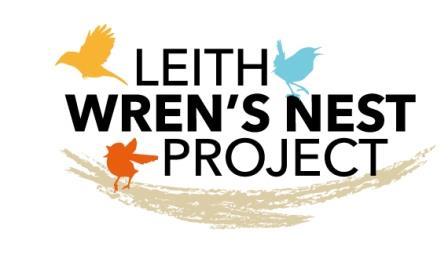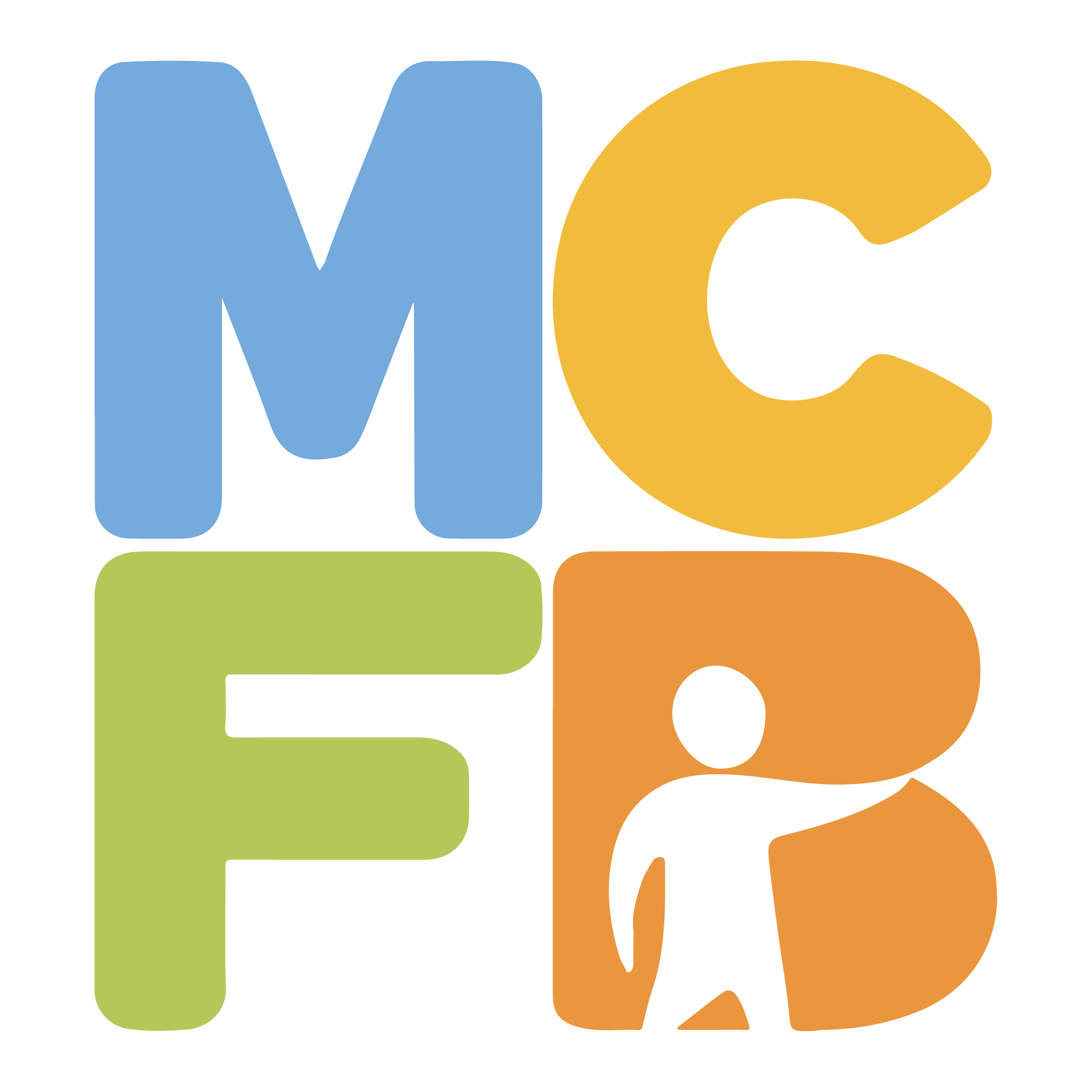What if...

This Saturday (weather permitting), we will be taking part in the ‘Leith Chooses’ event. Local people will be asked to choose which of a number of community initiatives should receive funding. If we secure enough votes, our Leith Wren’s Nest Project will provide a weekly support group for families whose children have a disability/additional support needs. The project will offer a supported crèche with constructive play for the children (0-5 years) and a well-being group for their parents, who are often coping with extremely stressful circumstances. The group will meet at Dr Bell’s Family Centre in Leith and will be open to all communities in Leith with a particular emphasis on Black and Minority Ethnic families as well as refugees.
All of the projects at MCFB have grown out of an identified need for support for parents and children for a variety of reasons. Ideas for new projects are developed alongside and in consultation with service users. During a recent meeting with parents to discuss the idea of the Leith Wren’s Nest, a mother said: “I wish something like that had been around two years ago’’. We talked to her about her experiences as a parent of a child under the age of 5 with additional support needs. It became clear that there had been a lack of support for both the parent and child during these very early stages, before diagnosis.
Asha’s story (not her real name)
“It was quite challenging at the time. Not understanding why my child was crying, throwing herself on the floor in the house and outside, having tantrums. I now know the tantrums are called ‘meltdowns’. I did not understand what was happening. She was very frustrated and her speech was delayed. She could not tell us what she needed. She wasn’t talking at all then and did a lot of mimicking.
At that point we were nearly homeless, which made things more challenging. We did get settled and found temporary accommodation, but it was still challenging every day and there was little support. There was no organisation that could explain to us what was going on. We were quite isolated because we were unable to reach out to other parents. We did not actually understand what was wrong with our child and there wasn’t a name we could give it. So we were unable to relate to other parents to even explain to them what it was or know there were other parents facing the same challenges. We were still hoping her speech would improve. Having a child that goes undiagnosed and trying to manage as a parent is challenging. Other people on the street did not understand and they thought I was a weak mother. It had a big impact on me. I became so isolated and I couldn’t tell other people what was happening with my child because I didn’t understand myself.
My husband and I had a tribal marriage. He did not follow tradition and because of this people back home actually thought the marriage was the cause of my daughter’s difficulties, which made things even harder. Back then, my daughter was not in school yet and I knew I needed more help. I reached out to the health visitor, who put me in touch with MCFB, where I received one-to-one support and started to attend a group with my daughter so she would have a chance to play with other children. Later, I myself attended a nurture group, which helped me to communicate with other people with different difficulties. I also got to do art work and sewing, which was a great help as it was just for me. My daughter started school and was eventually diagnosed with Autistic Spectrum Disorder and recently there has been a lot of improvement. This is due to MCFB, the school authorities and our health visitor, who are still really helpful to the family today.”
What if ..
“It would have made a difference if I had had this support earlier. If I had known who could support me and help my family deal with our difficulties. If I could have spoken with parents who understood what it felt like. It would have made a difference to know that we were not alone. If I had had someone to tell me I was not a weak mother. It took me a while to realise her behaviour was not my fault. If I had had childcare for my daughter, this would have given me that space to know she was safe and playing so I could carry on with what I was doing at the group I was attending and not worry about her. We are now seeing a lot of improvements, but this has happened over a long time and through different kinds of supports. It would have helped to have one service that met all our needs. I could not get a lot of help before my daughter’s diagnosis, which made things difficult because I could not explain something I did not know about. The wondering is the hardest part. I wish Leith Wren’s Nest Project existed two years ago.”
If you live, work, volunteer or study in Leith, please help us to help others like Asha by voting for ‘Leith Wren’s Project’ at the ‘Leith Chooses’ event (www.leithchooses.net).
Dayna Mehrdad 2.3.18

